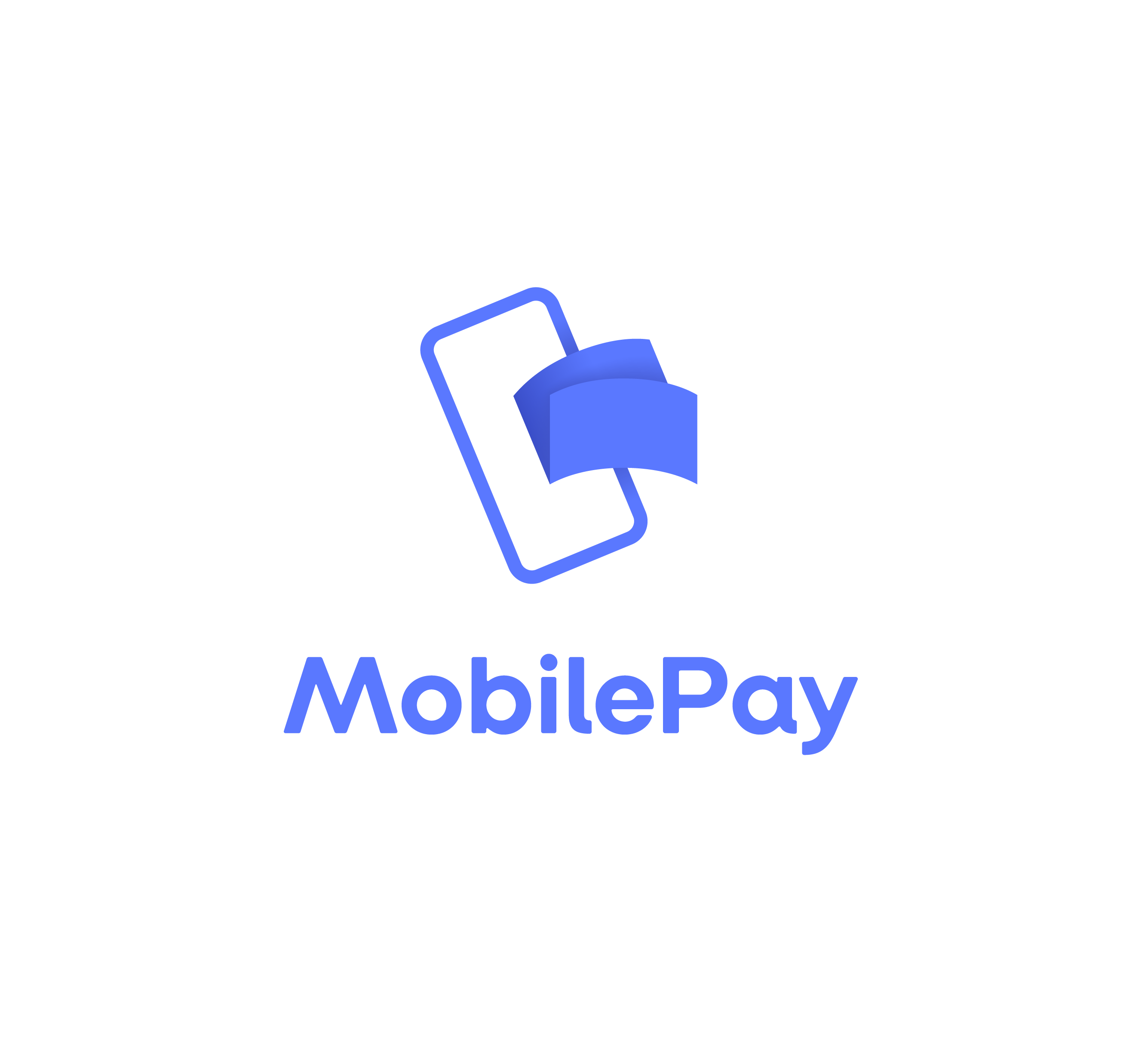The future of accounting is finally here, and it’s automated. Small businesses can now embrace cutting-edge technology to streamline their financial processes and stay ahead of the competition. With automated accounting systems, manual data entry and reconciliations become a thing of the past, saving valuable time and reducing the risk of errors. But what exactly does this mean for your small business?
In this article, we’ll explore the benefits of embracing automated accounting and how it can transform the way you manage your finances. From automated invoicing and expense tracking to real-time financial insights and reporting, these systems offer a range of features designed to simplify your accounting tasks and support your business growth.
Whether you’re a startup looking to establish efficient financial processes or an established business seeking to scale and optimize your operations, automated accounting has the potential to revolutionize the way you handle your finances. Discover the power of automation and the possibilities it holds for your small business.
Advantages of automated accounting for small businesses
Automated accounting offers numerous advantages for small businesses. Firstly, it eliminates the need for manual data entry and reconciliations, which are not only time-consuming but also prone to human errors. With automated systems, transactions are recorded and categorized automatically, saving you valuable time and ensuring accurate financial records. This allows you to focus on more strategic aspects of your business.
Furthermore, automated accounting provides real-time visibility into your financial health. You can access up-to-date reports and insights at any time, allowing you to make informed decisions and take proactive measures to drive business growth. Whether it’s monitoring cash flow, tracking expenses, or analyzing profitability, automated systems provide the necessary tools to keep your finger on the pulse of your business.
Another advantage of automated accounting is improved efficiency and productivity. With streamlined processes and automated workflows, tasks that used to take hours can now be completed in minutes. This frees up your time and resources, enabling you to allocate them to more value-added activities that contribute to your business success. Additionally, automation reduces the risk of manual errors, which can have significant financial implications for your small business.
Common misconceptions about automated accounting
Despite its numerous benefits, there are some common misconceptions about automated accounting that prevent small businesses from fully embracing this technology. One misconception is the fear of job loss. Many small business owners worry that implementing automated accounting systems will render their accounting staff redundant. However, the reality is quite the opposite. Automated accounting simply eliminates mundane and repetitive tasks, allowing your accounting team to focus on more strategic and analytical work. It empowers them to add more value to your business and contribute to its growth.
Another misconception is the belief that automated accounting is only suitable for large businesses with complex financial operations. In reality, automated accounting is equally beneficial for small businesses. It simplifies financial processes, reduces errors, and provides real-time insights, regardless of the size or complexity of your business. Whether you’re a solopreneur or have a small team, automated accounting can help you streamline your financial management and drive business success.
Key features and functionalities of automated accounting software
Automated accounting software offers a wide range of features and functionalities that can transform the way you manage your finances. One key feature is automated invoicing. With just a few clicks, you can create and send professional invoices to your clients, saving time and ensuring timely payments. Some software even integrates with payment gateways, allowing your clients to pay directly from the invoice, further streamlining the payment process.
Expense tracking is another crucial functionality offered by automated accounting software. Instead of manually entering each expense, you can simply snap photos of your receipts using a mobile app and let the software do the rest. The software automatically extracts key details, such as date, amount, and vendor, and categorizes the expenses accordingly. This eliminates the need for manual data entry and ensures accurate and up-to-date expense records.
Real-time financial insights and reporting are also key features of automated accounting software. With customizable dashboards and reports, you can get a comprehensive view of your financial health at any given moment. You can track key metrics, such as revenue, expenses, and profit margins, and identify trends and patterns that can inform your decision-making process. This empowers you to make data-driven decisions that drive business growth and profitability.
Choosing the right automated accounting software for your small business
When it comes to choosing the right automated accounting software for your small business, there are several factors to consider. Firstly, assess your business needs and objectives. Identify the specific accounting tasks you want to automate and the features and functionalities that are essential for your business. This will help you narrow down your options and choose a software that aligns with your requirements.
Next, consider the scalability of the software. As your business grows, your accounting needs may evolve. Ensure that the software can accommodate your future requirements and has the flexibility to grow with your business. Additionally, look for software that integrates with other business systems you use, such as CRM or project management software. Seamless integration ensures smooth data flow and eliminates the need for manual data entry across different platforms.
Another important factor to consider is the user-friendliness of the software. Look for a solution that is intuitive and easy to navigate, even for users with limited accounting knowledge. A steep learning curve can hinder adoption and productivity. Additionally, consider the level of customer support and training provided by the software provider. Reliable support and training resources ensure that you can make the most of the software and address any issues or questions that may arise.
Implementing automated accounting in your small business
Implementing automated accounting in your small business requires careful planning and execution. Start by conducting a thorough assessment of your existing financial processes and identifying areas that can benefit from automation. This will help you prioritize the implementation and ensure a smooth transition.
Next, involve your accounting team in the implementation process. Their input and feedback are invaluable in selecting the right software and defining workflows that align with your business needs. Provide comprehensive training to ensure that your team is comfortable using the software and understands its functionalities and features. This will facilitate adoption and maximize the benefits of automation.
It’s also important to communicate the changes to your entire team and ensure that they understand the value and benefits of automated accounting. Address any concerns or misconceptions and emphasize how automation will improve efficiency, accuracy, and productivity. Encourage collaboration and transparency by granting appropriate access and permissions to relevant team members, enabling them to contribute to the financial management process.
Overcoming challenges and potential pitfalls of automated accounting
While automated accounting offers numerous advantages, it’s important to be aware of potential challenges and pitfalls. One common challenge is data security. With sensitive financial information stored in the cloud, it’s crucial to choose a reputable software provider that prioritizes data protection and implements robust security measures. Regularly update passwords and access credentials, and educate your team on best practices for data security.
Another challenge is the temptation to rely solely on automated processes and neglect human oversight. While automation reduces the risk of errors, it’s essential to have regular checks and balances in place. Review financial reports and statements regularly to ensure accuracy and identify any discrepancies or anomalies. Assign someone in your team to oversee the automated processes and address any issues or errors that may arise.
It’s also important to regularly update and maintain your automated accounting software. Software updates often include bug fixes, performance enhancements, and security patches. Regularly back up your data to prevent loss in case of system failures or technical issues. Being proactive in software maintenance and data backup ensures the smooth operation of your automated accounting system.
Integrating automated accounting with other business systems
To fully leverage the power of automation, consider integrating your automated accounting software with other business systems you use. Integration eliminates the need for manual data entry and ensures seamless data flow between different platforms. For example, integrating your accounting software with your CRM system can automate the creation of customer invoices and sync payment information, reducing manual effort and improving accuracy.
Similarly, integrating your automated accounting software with your project management system can streamline billing and expense tracking. You can automatically track project-related expenses and allocate them to the appropriate projects, saving time and ensuring accurate cost allocation. Integration with other business systems enhances efficiency and eliminates duplicate efforts, allowing you to focus on core business activities.
Training and support for automated accounting software
To maximize the benefits of automated accounting software, ensure that your team receives comprehensive training and ongoing support. Most software providers offer training resources, such as video tutorials, user guides, and webinars, to help users get up to speed with the software’s functionalities. Take advantage of these resources to ensure that your team is equipped with the necessary knowledge and skills to effectively use the software.
Additionally, consider providing in-house training sessions or hiring external trainers to conduct hands-on training tailored to your business needs. This allows your team to ask questions, practice using the software in real-world scenarios, and receive personalized guidance. Investing in training not only enhances user adoption but also empowers your team to make the most of the software’s features and functionalities.
Furthermore, reliable customer support is crucial when using automated accounting software. Ensure that the software provider offers responsive support channels, such as phone, email, or live chat, so you can quickly address any issues or questions that may arise. Prompt and knowledgeable support minimizes downtime and keeps your financial processes running smoothly.
Conclusion and future trends in automated accounting for small businesses
In conclusion, automated accounting has the potential to revolutionize the way small businesses manage their finances. The advantages of automated accounting, such as time savings, reduced errors, and real-time insights, make it a valuable asset for small businesses looking to streamline their financial processes and drive growth.
While there are common misconceptions and potential challenges associated with automated accounting, proper planning, implementation, and ongoing support can help small businesses overcome these obstacles and fully embrace the power of automation. By choosing the right software, integrating with other business systems, and providing comprehensive training, small businesses can unlock the full potential of automated accounting and position themselves for success in the future.
Looking ahead, the future of automated accounting holds even more exciting possibilities for small businesses. Advancements in artificial intelligence and machine learning are expected to further enhance automation capabilities, allowing for more sophisticated financial analysis and predictive insights. Additionally, increased connectivity and integration between different business systems will enable seamless data flow and further streamline financial management processes.
Embrace the future of accounting today and empower your small business with automated accounting systems. By leveraging technology to automate your financial processes, you can focus on what you do best – growing your business and achieving your goals. The future is here, and it’s time to embrace it.



